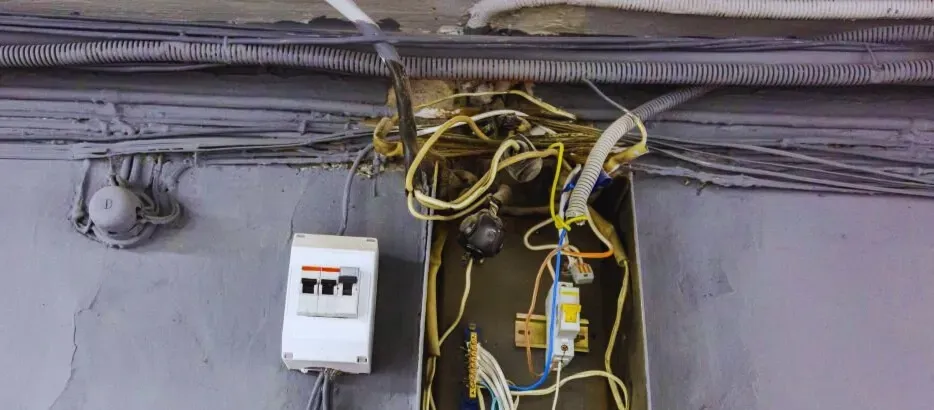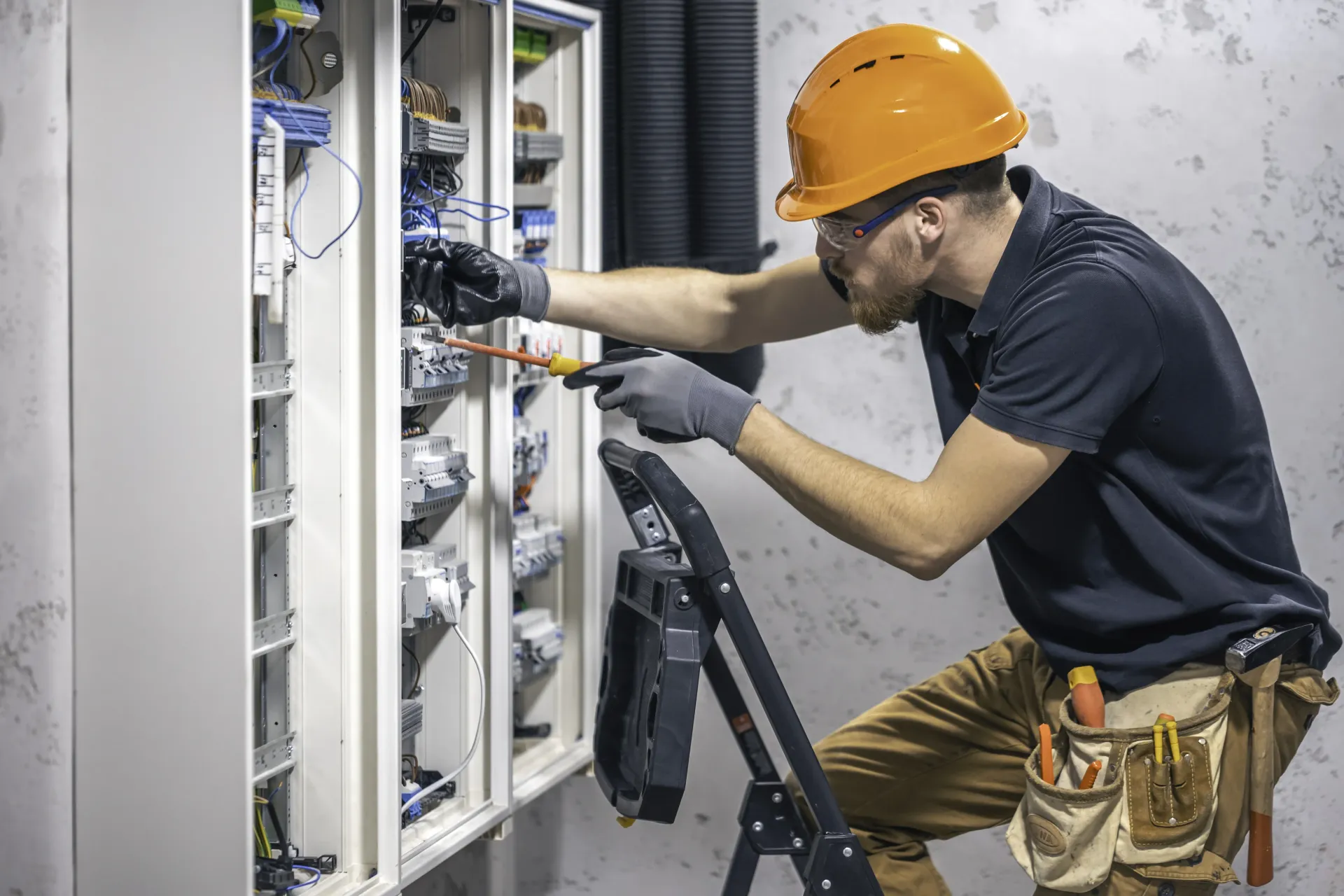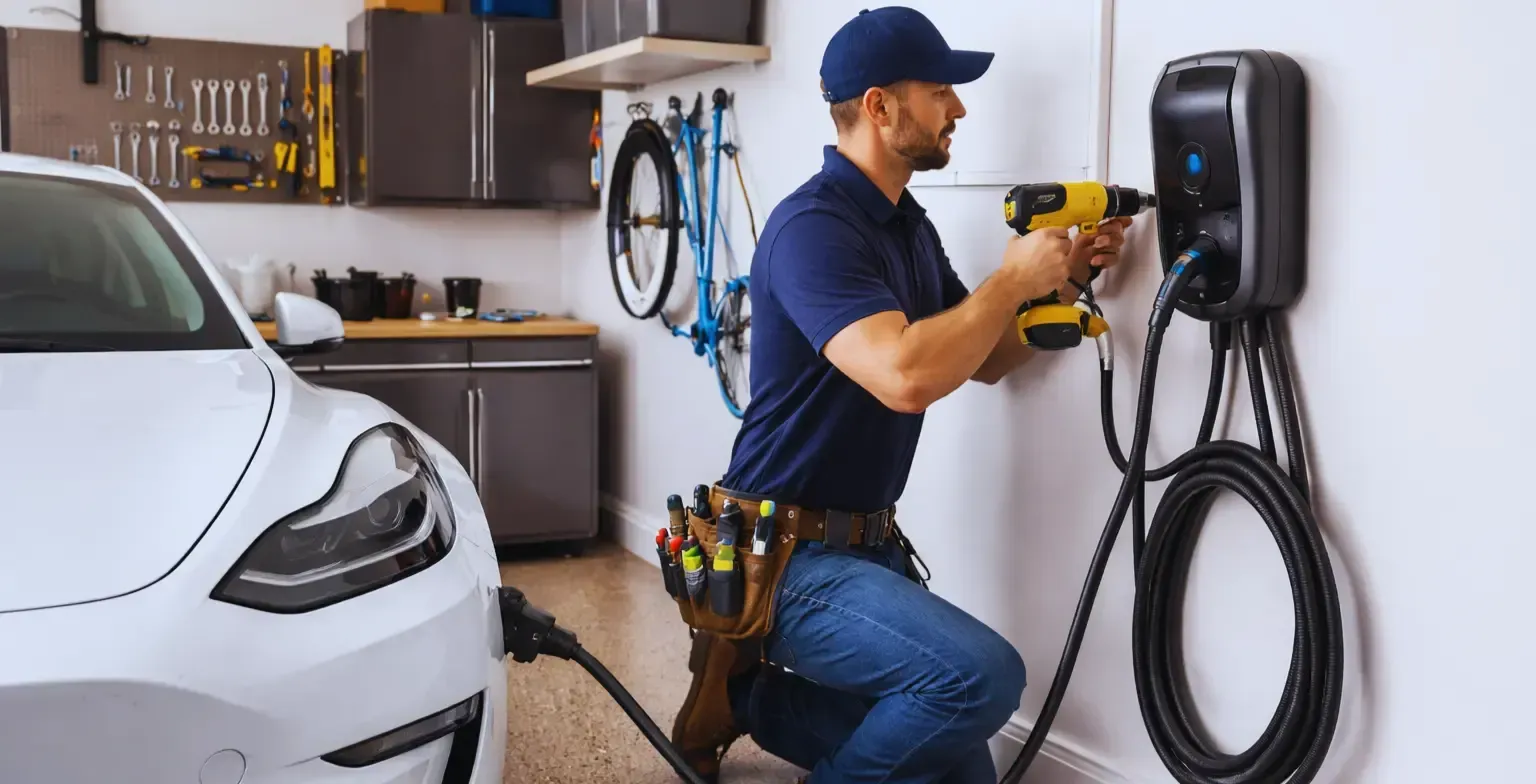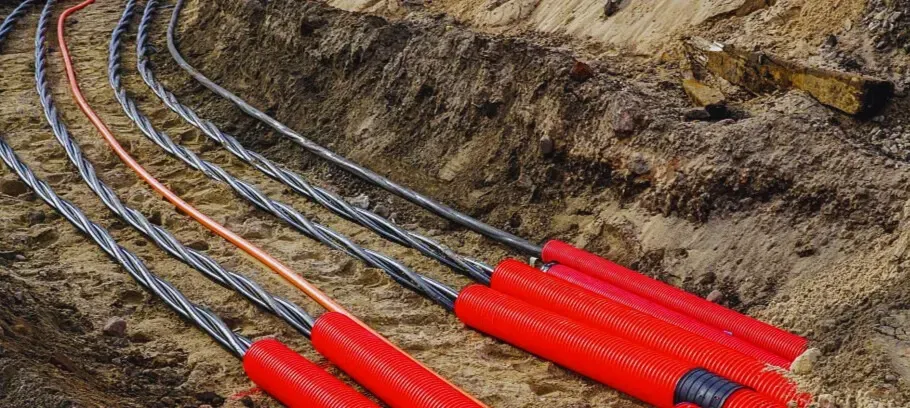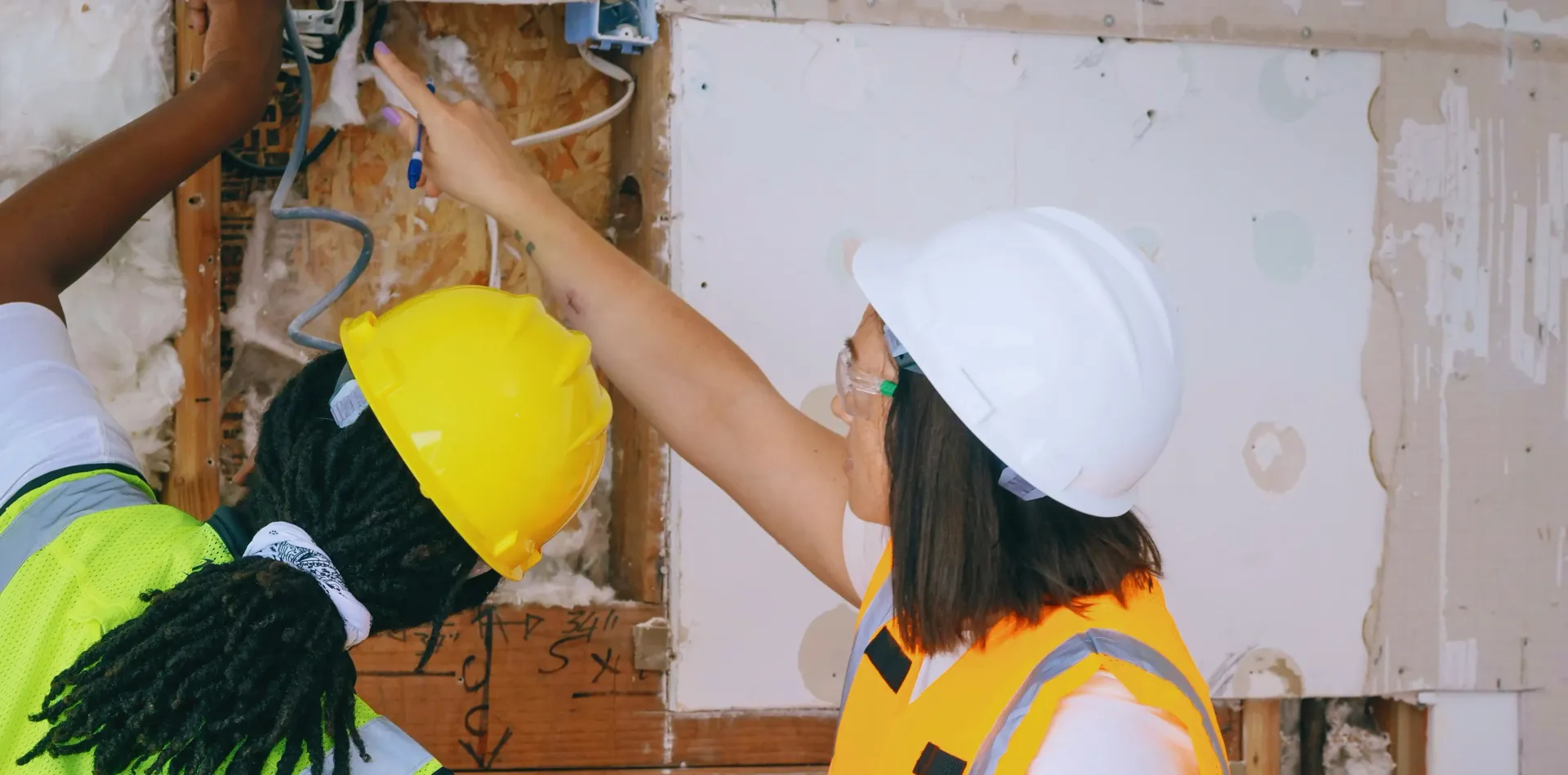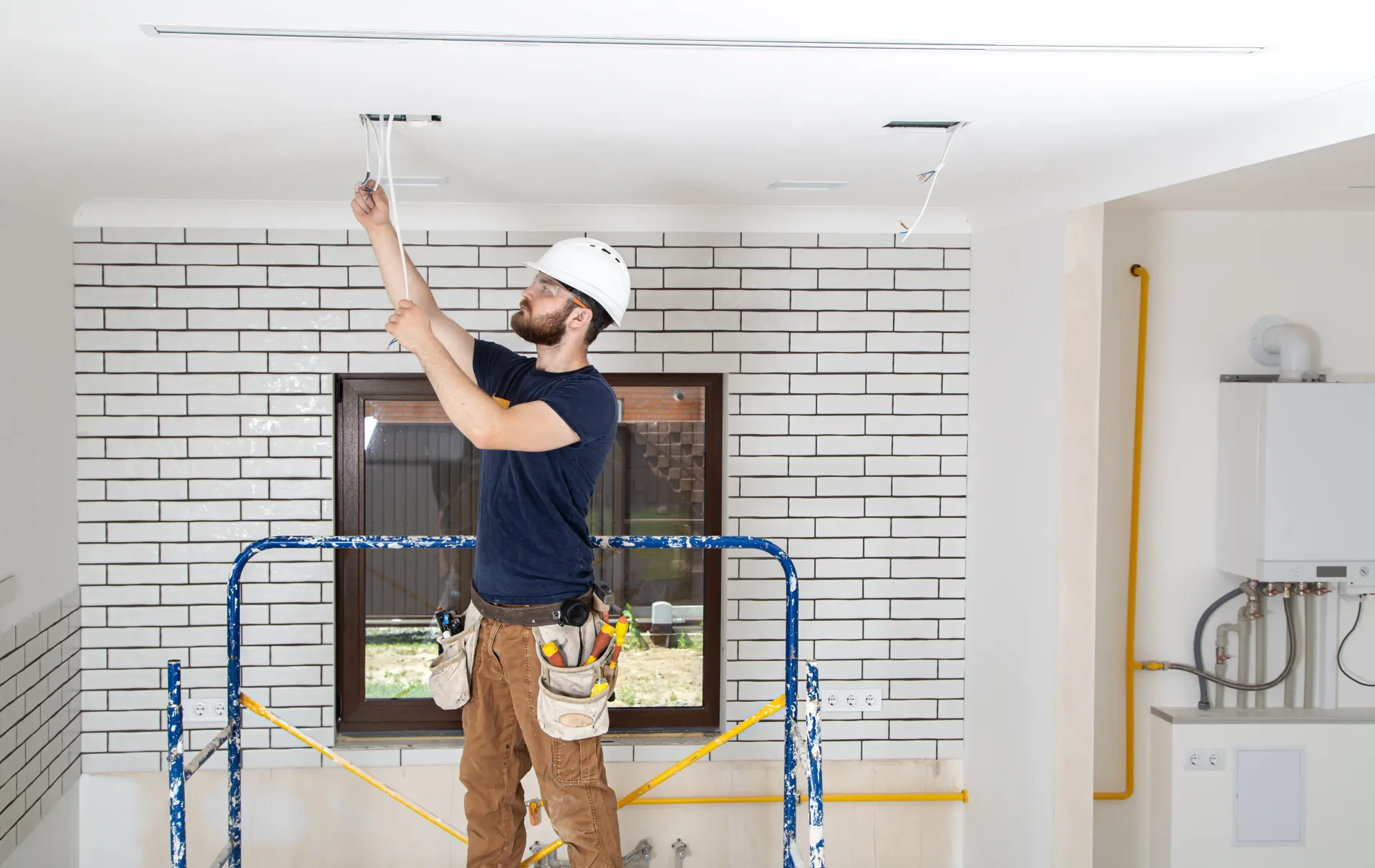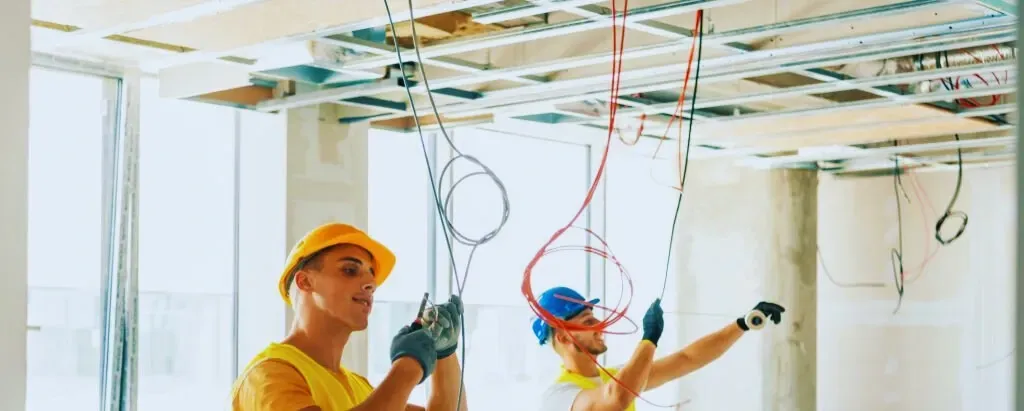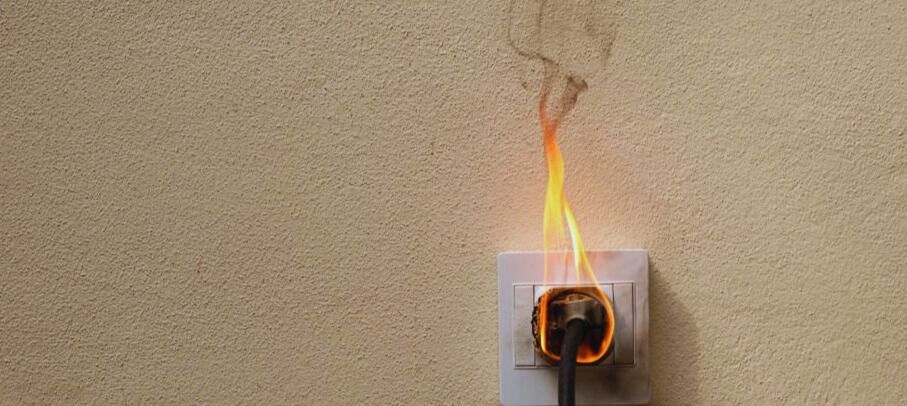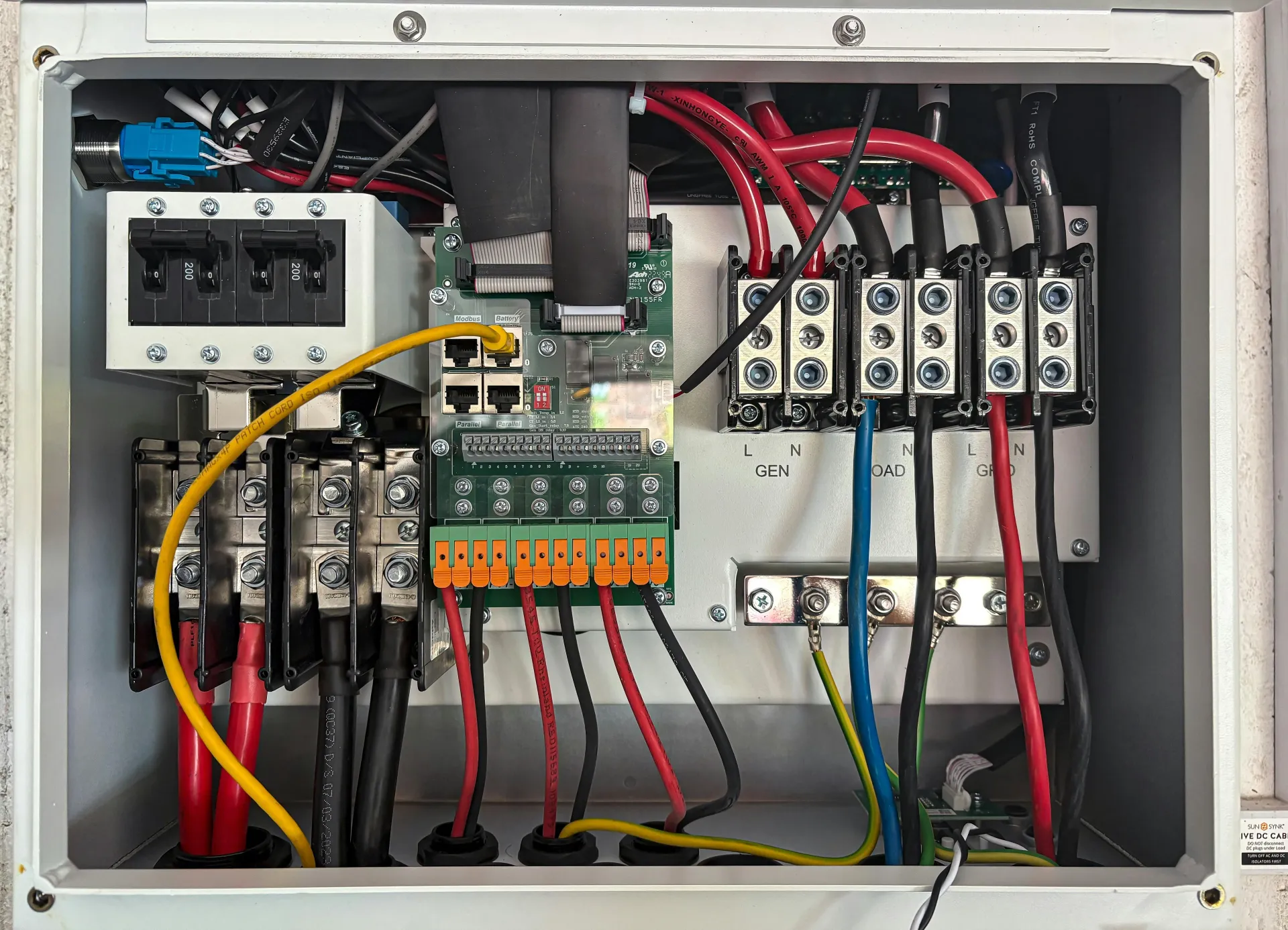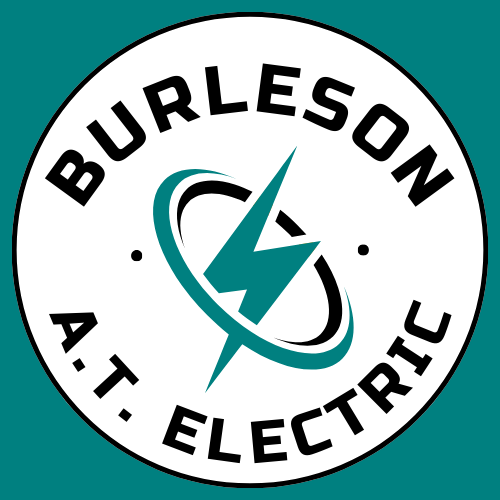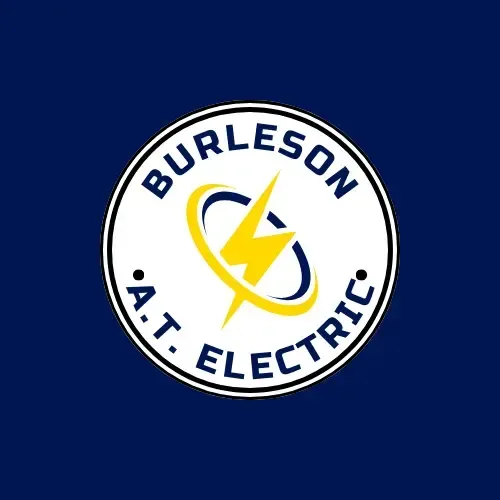Upgrade Your Garage with a High-Speed EV Charging Station
Electric vehicles (EVs) have quickly become more than just a trend—they're the future of transportation. As EV ownership increases, the need for reliable and fast at-home charging solutions grows too. One of the best home improvements you can make today is upgrading your garage with a high-speed EV charging station.
Whether you're already an EV owner or planning to purchase one soon, installing a high-speed charger in your garage gives you the power of convenience right at home. No more wasting time at public charging stations or waiting overnight for a full charge. With a high-speed charging setup, your car is ready to go whenever you are.
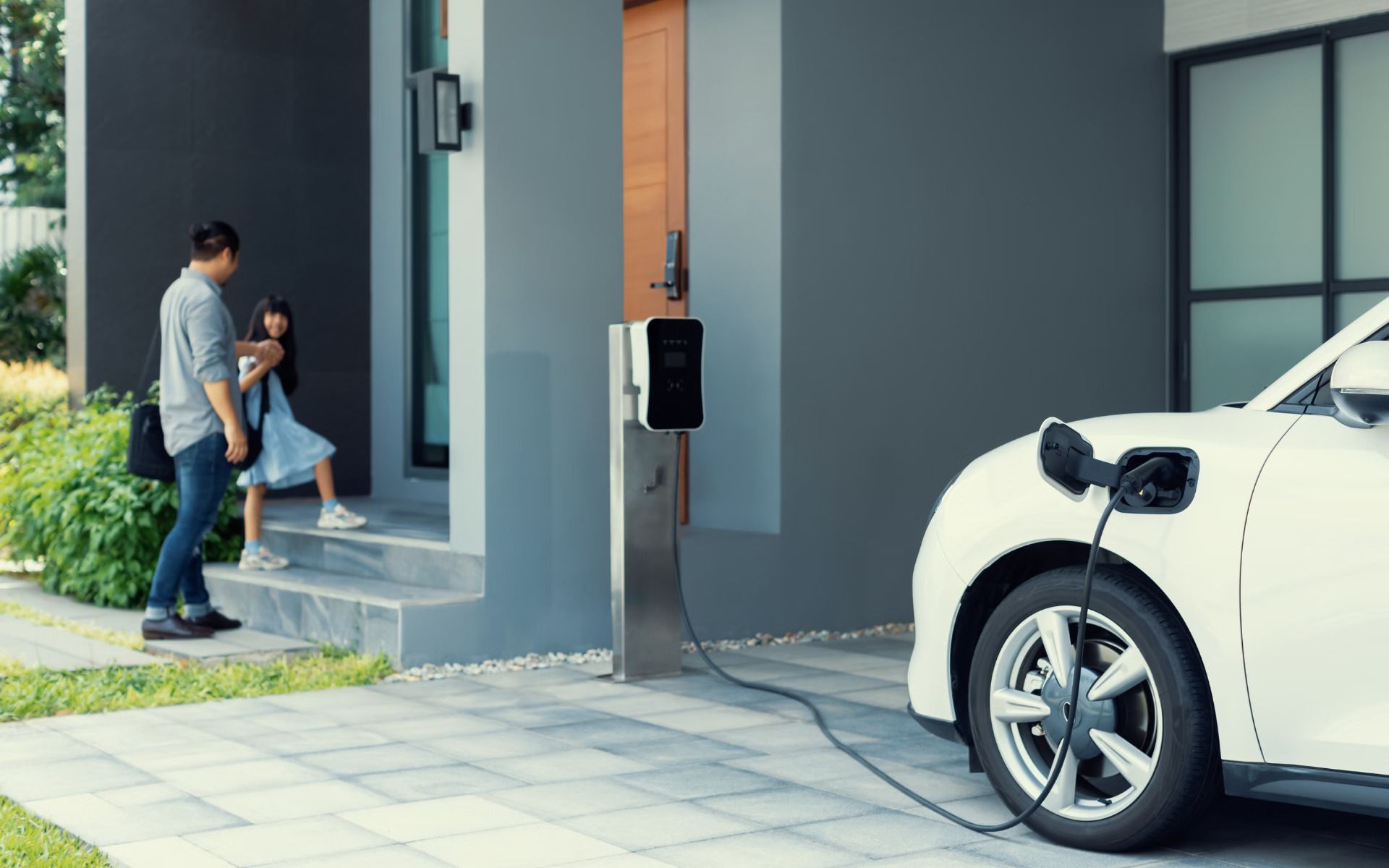
Why Upgrading Your Garage for EV Charging Matters
Installing a high-speed EV charger is not just about plugging in your car faster—it’s about future-proofing your lifestyle. With more electric cars hitting the roads every day, homes that already support EVs will stand out in the market.
Beyond convenience, a high-speed charger adds a layer of energy efficiency, provides control over charging schedules, and ensures your EV is always fully powered. Plus, it demonstrates an eco-conscious mindset, a feature increasingly valued by today’s homebuyers.
Understanding EV Charging Station Levels
Before diving into the upgrade, let’s break down the three main levels of EV chargers:
- Level 1: Uses a standard 120V outlet. Charging is slow—can take 24+ hours for a full charge.
- Level 2: Uses a 240V outlet, ideal for home use. Charges in 4–8 hours.
- DC Fast Charging (Level 3): Mostly commercial. Delivers 80% charge in ~30 minutes but isn’t generally suitable for home use due to infrastructure needs.
For most homeowners, Level 2 is the sweet spot—powerful, fast, and perfect for overnight charging.
Why High-Speed Charging Is a Game-Changer
High-speed chargers, especially Level 2, can drastically reduce your vehicle's downtime. You wake up to a full battery without having to worry about when or where to charge next.
Key Benefits Include:
- Full charge overnight
- Less wear on battery compared to fast commercial charging
- Smart features like timers and energy tracking
- Increased convenience and flexibility
Choosing the Right High-Speed EV Charging Station
Not all chargers are built the same. When shopping for one, consider:
- Amperage and Power Output: Higher amps = faster charging.
- Connector Compatibility: Most use J1772 or Tesla connectors.
- Smart Technology: Look for Wi-Fi connectivity, mobile apps, and scheduling.
- Cable Length: Ensure it reaches your vehicle without tangling.
Pro tip: Make sure your choice is UL-certified for safety.
Preparing Your Garage for Installation
A well-prepared garage makes installation smoother and safer. Start by:
- Clearing wall space near where you park
- Ensuring proximity to your electrical panel
- Planning for proper cable management
- Considering ventilation if enclosed
A tidy setup means easier use and better longevity for your station.
The Role of Electrical Service in Charger Setup
Your home’s Electrical Service is the backbone of your charger. If your panel can’t handle the load, you may need an upgrade.
Essential elements:
- Minimum 200-amp service is ideal
- Dedicated circuit for the charger
- Proper breakers and wiring
Skipping this step could result in power interruptions—or worse, safety hazards.
Hiring a Licensed Electrician for EV Charger Setup
This is not a DIY job.
Certified professionals know how to:
- Safely wire high-voltage equipment
- Adhere to local codes
- Ensure long-term safety
Reach out through the Contact page of a reputable local provider like Burleson Electric to get started.
How to Upgrade Electrical Panels for EV Charging
An outdated panel can’t support a Level 2 charger. Here’s how to upgrade:
- Have a licensed electrician assess your current panel
- Replace or expand panel if needed
- Ensure circuits are dedicated and grounded
- Get permits and schedule inspections
Though it’s an upfront cost, it adds lasting value and safety.
Installing a Level 2 EV Charger at Home
Installing a high-speed charger usually involves:
- Running a 240V line
- Mounting the unit securely
- Configuring smart features
- Final inspection
Cost varies but ranges between $500 to $1,200 for equipment and $500 to $1,500 for installation.
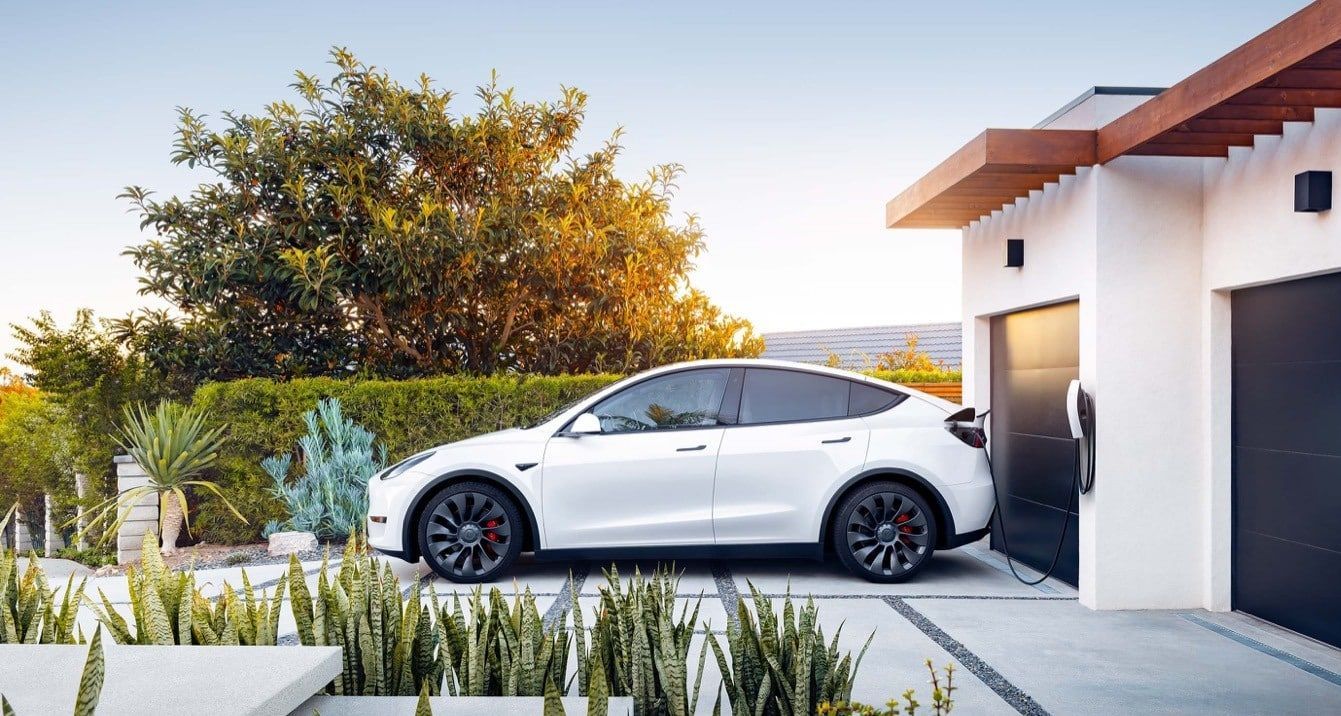
Smart EV Charging Solutions for Modern Homes
Smart chargers are revolutionizing at-home EV charging. Features include:
- App Control: Start/stop charging remotely
- Energy Tracking: Monitor electricity usage
- Schedule Charging: Use off-peak rates to save money
These features not only make charging easier but also optimize your energy consumption.
Boosting Home Value with EV Charger Installation
Real estate trends show buyers favor homes with EV charging options. This minor upgrade can:
- Increase buyer interest
- Raise your asking price
- Help your home sell faster
It’s a win-win whether you're staying put or selling soon.
Environmental Impact of Home EV Charging
Charging at home using clean energy or off-peak hours can reduce your carbon footprint significantly.
Key Benefits:
- Fewer emissions than gasoline
- Reduced strain on the grid
- Sustainable transport powered from your own home
Pair your charging station with solar for even more eco-friendly impact.
Maintenance Tips for Your High-Speed Charging Station
Your charger is low-maintenance, but don’t neglect it:
- Wipe clean weekly to prevent dust buildup
- Check for frayed cords or loose connectors
- Update firmware via app or website
- Schedule annual inspections
This ensures safe and efficient performance for years to come.
Safety Guidelines for Home EV Charging Stations
Your charging station is powerful. Respect it:
- Never use extension cords
- Don’t charge near water or flammable materials
- Always unplug during electrical storms
- Ensure cords don’t become tripping hazards
Follow manufacturer guidelines and consult a pro if anything seems off.
Top Brands of Home EV Chargers in 2025
Popular and reliable choices include:
Brand Model Key Feature
ChargePoint Home Flex WiFi enabled, adjustable amperage
JuiceBox 40 Smart Alexa compatible, scheduling
Grizzl-E Classic Rugged, durable for harsh environments
Tesla Wall Connector Optimized for Tesla vehicles
Pick the one that fits your vehicle, lifestyle, and budget.
Incentives and Rebates for EV Charger Installation
Many governments offer:
- Federal tax credits up to 30%
- Local rebates from utilities or states
- Incentives for solar + EV charger bundles
Check energy.gov for updated offers in your area.
Common Mistakes to Avoid When Installing EV Chargers
- Using non-certified installers
- Underestimating power requirements
- Choosing cheap, non-smart models
- Ignoring future vehicle compatibility
- Overlooking permit or inspection needs
Avoid these and you’ll enjoy smooth, future-proof charging.
FAQs About High-Speed EV Charging Stations
How fast is a Level 2 home charger?
It typically charges 20–60 miles of range per hour.
Can I install a high-speed EV charger myself?
It’s not recommended. Use a licensed electrician to ensure safety and code compliance.
Will a high-speed charger increase my electric bill?
Yes, but charging during off-peak hours and using smart features can help reduce costs.
Is it safe to charge an EV overnight at home?
Absolutely—modern EVs and chargers are designed for safe overnight use.
Does installing a charger require a permit?
In most areas, yes. Your electrician will handle the paperwork.
Can I use the same charger for different EV models?
Yes, most use a standard connector, but confirm compatibility before purchasing.
Conclusion
Upgrading your garage with a high-speed EV charging station is one of the smartest and most forward-thinking investments you can make for your home. It provides convenience, improves property value, supports sustainable living, and gets you ready for the future of driving. Don’t wait—take charge of your garage today.
Looking for a trusted electrician to handle your installation? Contact the experts at Burleson Electric for professional service you can rely on.
Links

